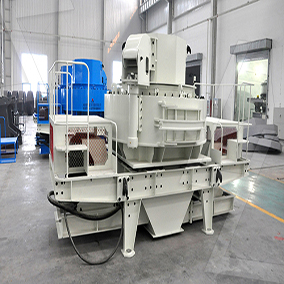Magnetic separation is a technique used to separate minerals based on their magnetic properties. The effectiveness of this method depends on the magnetic susceptibility of the minerals involved. Here are the key mineral properties that influence magnetic separation:
1. Magnetic Susceptibility
– Definition: The degree to which a mineral can be magnetized in an external magnetic field.
– Categories:
– Ferromagnetic (e.g., magnetite, pyrrhotite) – Strongly attracted to magnets, can retain magnetization.
– Paramagnetic (e.g., hematite, ilmenite) – Weakly attracted to magnets, lose magnetism when the field is removed.
– Diamagnetic (e.g., quartz, calcite) – Slightly repelled by magnets, very weak response.
2. Mineral Composition & Structure
– Iron-bearing minerals (e.g., magnetite Fe₃O₄, hematite Fe₂O₃) are more likely to be magnetic.
– Non-ferrous minerals (e.g., feldspar, gypsum) are usually non-magnetic or weakly paramagnetic.
 3. Particle Size & Shape
3. Particle Size & Shape
– Fine particles respond better due to higher surface area exposure to the magnetic field.
– Irregular shapes may affect separation efficiency compared to uniform grains.
4. Impurities & Surface Coatings
– Presence of iron oxides or other magnetic impurities can alter behavior.
– Surface oxidation .g., hematite coating on magnetite) may reduce magnetic response.
.g., hematite coating on magnetite) may reduce magnetic response.
5. Magnetic Field Strength Required
– Low-intensity separators (~0.1–0.3 T) for ferromagnetic minerals (magnetite).
– High-intensity separators (>1 T) for weakly paramagnetic minerals (hematite, chromite).
6. Conductivity & Electrical Properties
– Some conductive minerals (e.g., pyrrhotite) may exhibit eddy current effects in high-frequency magnetic fields, aiding separation.
Common Applications:
– Iron ore processing (magnetite, hematite).
– Heavy mineral sands (ilmenite, monazite).
– Recycling (metal recovery from waste).
Would you like details on specific minerals or separation techniques?




